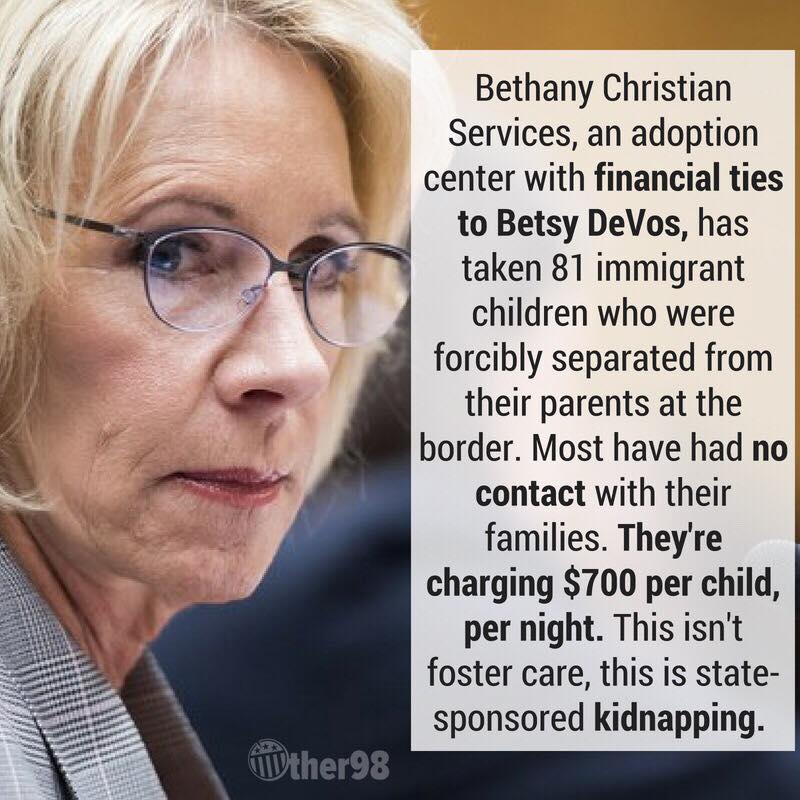Why we need to rethink education in the artificial intelligence age
Artificial intelligence (AI) and emerging technologies (ET) are poised to transform modern society in profound ways. As with electricity in the last century, AI is an enabling technology that will animate everyday products and communications, endowing everything from cars to cameras with the ability to interact with the world around them, and with each other. These developments are just the beginning, and as AI/ET matures, it will have sweeping impacts on our work, security, politics, and very lives.[1]
These technologies are already impacting the world around us, as Darrell West and I wrote in our April 2018 piece “How artificial intelligence is transforming the world,” and I highly recommend that anyone just discovering the topic of AI policy read it thoroughly. There, Darrell and I describe several important implications related to AI/ET, but chief among them is that these technology developments are on the cusp of ushering in a true revolution in human affairs at an increasingly fast pace.
As AI continues to influence and shape existing industries and allows new ones to take root, its macro-level impact, particularly in the realm of economics, will become more and more apparent. Control over the research and development of AI will become increasingly vital, and the winners of this upcoming AI-defined era in human history will be the countries and companies that can create the most powerful algorithms, assemble the most talent, collect the most data, and marshal the most computing power. This is the next great technology race of our generation and the stakes are high, particularly for the United States. If American society is to embrace the full range of social and political changes that these technologies will introduce, CONTINUE READING: Why we need to rethink education in the artificial intelligence age
AuthorEditor's Note:
This report is part of "A Blueprint for the Future of AI," a series from the Brookings Institution that analyzes the new challenges and potential policy solutions introduced by artificial intelligence and other emerging technologies.

























